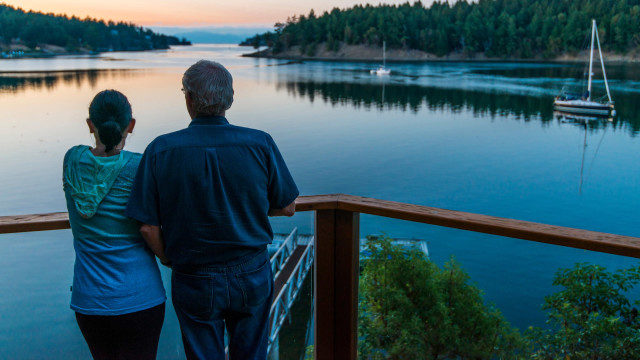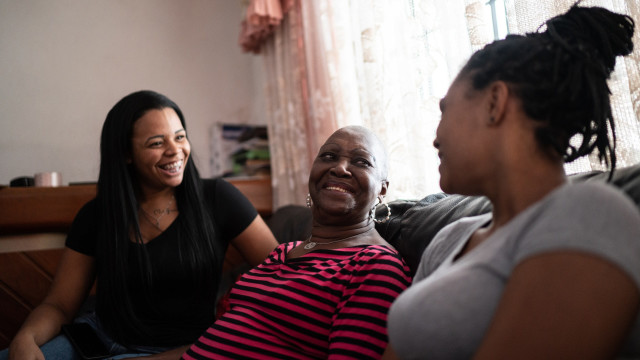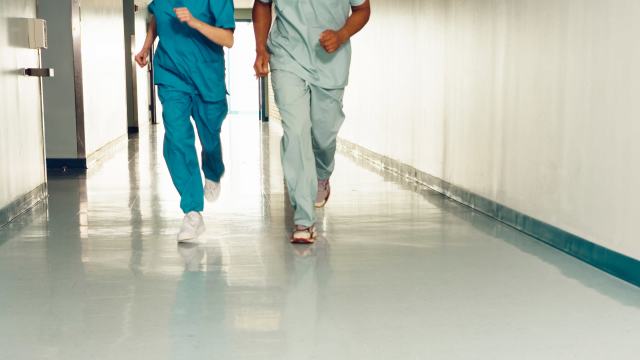Articles about Grieving & Death
17
Articles

Why Grief Never Expires
The honest thing to admit is that you're never letting go of your grief. It's like gaining the holiday five. Another way to consider your grieving timeline is giving yourself time to remember, not forget.
3 min

Want to Become a Death Doula? 5 Questions to Ask

PRACTICE: Rice Is Life
Across India, rice dishes appear as blessed offerings in temple kitchens. Rice is ritual, rice is nourishment, and — sometimes — rice is a way to say farewell.

Pushing Past Pain With Meditation
I saw how our ancestry can shape us. And I saw how, along with generational trauma, comes generational wisdom.

The Wisdom of Grief

EOL Guide: What Are The Options For My Body When I Die?
It takes only a few moments of consideration to see that our traditional ways of handling dead bodies aren't working anymore.

Green Burials 101
Learn about this environmentally-friendly alternative to traditional burials.

Planning Your Funeral
Planning your funeral can feel daunting, overwhelming even, but it doesn't have to be. Start here.

Establishing a Health Care Proxy
Choosing a health care proxy could be the most important decision you make for yourself when it comes to end of life care.

EOL Guide: Wills
In this guide, we make plain and simple what a will is, how to create one, what happens if you don’t have one when you die, helpful tips to ensure that your will stands the test of time, and how to navigate disagreements if there's a contested will in your family.

Is TV Getting Better at Handling Death?
A new generation of creators are depicting a different version of end of life on screen. In doing so, television may become a more effective toolkit for those experiencing grief

Q&A: BJ Miller on an Accessible Model of Palliative Care
We spoke to Dr. BJ Miller about his new company Mettle Health, and how he plans to transform palliative care

Grief and Its Body of Work
What we know and what remains to be learned about how our bodies handle grief

Q&A: Alua Arthur on Shifting Death Care
Alua Arthur is a death doula, attorney, adjunct professor, ordained minister, and founder of Going With Grace.

Dr. Ryan Van Wert is Addressing a Critical Unmet Need in End of Life Care
We were recently joined by Dr. Ryan Van Wert, critical care doctor, clinical assistant professor at Stanford, and CEO and co-founder of Vynca. Vynca was built in response to research that shows most healthcare organizations have little-to-no end of life care process.

Grief Theories and the Thinking Behind Them
From the COVIDPAPER.ORG

Dying Alone: Tools for Keeping in Touch in an Era of Pandemic Dying
From the COVIDPAPER.ORG, Paper Editors: Candi K. Cann, Ph.D, Michael Hebb, Megan Devine, LCPC, Alica Forneret, Allison Gilbert, Lashanna Williams, Stephanie Gailing, Silvia Perez-Protto, M.D., Rana Adwish, M.D.